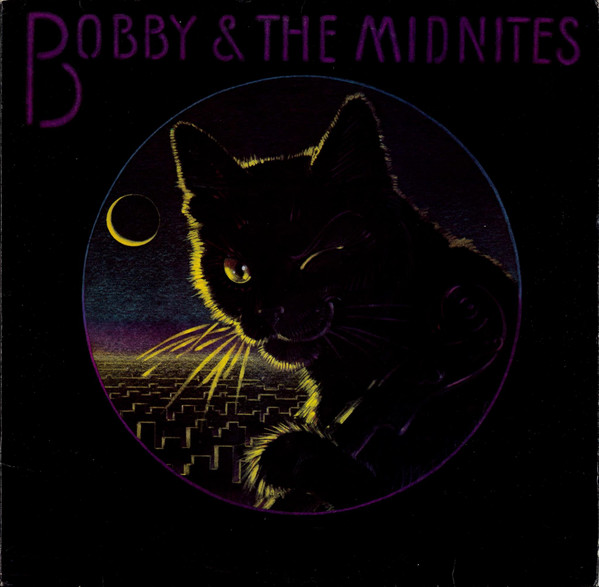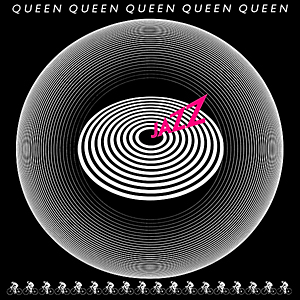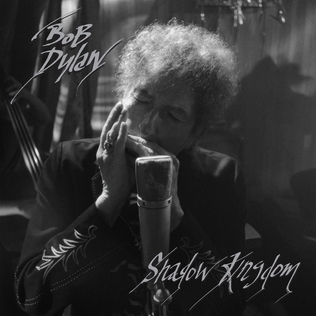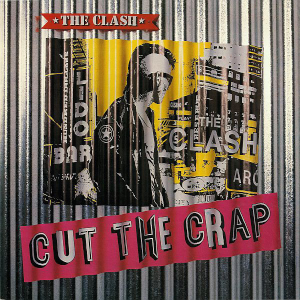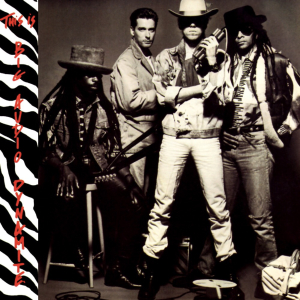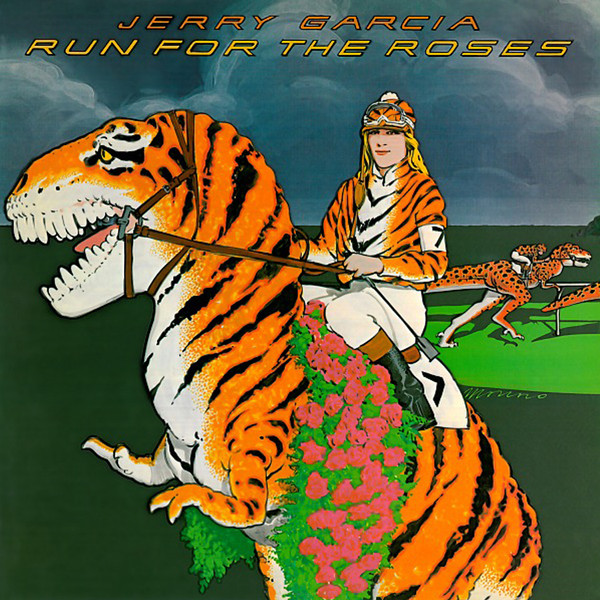 Just as Bob Weir liked to stretch outside of the Dead, Jerry Garcia had regularly used other bands as a chance to just jam without any pressure. Run For The Roses was technically the product of the Jerry Garcia Band, but that last phrase as written didn’t appear anywhere in the packaging. Along with the usual gang of John Kahn, Ron Tutt, and Merl Saunders was the brand new name of organist Melvin Seals, while the repertoire mixes diverse covers and originals written with Robert Hunter.
Just as Bob Weir liked to stretch outside of the Dead, Jerry Garcia had regularly used other bands as a chance to just jam without any pressure. Run For The Roses was technically the product of the Jerry Garcia Band, but that last phrase as written didn’t appear anywhere in the packaging. Along with the usual gang of John Kahn, Ron Tutt, and Merl Saunders was the brand new name of organist Melvin Seals, while the repertoire mixes diverse covers and originals written with Robert Hunter.One of those is the title track, which sounds closest to a Dead contender and has some of Hunter’s most clever lyrics. Michael Omartian’s burbling clavinets dominate both channels of the otherwise surprisingly reggaefied “I Saw Her Standing There”. Clyde McPhatter’s “Without Love” is soulful R&B and a keeper, except for that final flatulent brass note. A real surprise is “Midnight Getaway”, a subdued and blatant lament over the end of an affair—very uncharacteristic of Hunter’s more, shall we say, poetic excursions. There’s no question what this song’s about, and the instrumental sections are even better. (We especially like the mention of the cat “under the stars”.)
That makes the equally straightforward “Leave The Little Girl Alone” something of a letdown—maybe because Kahn wrote the music while Jerry solos constantly under his own vocals. “Valerie” is a slow shuffle more along the lines of what we’d expect, and a sleepy slog through “Knockin’ On Heaven’s Door”, done even more reggae than Eric Clapton did, continues the dance with Dylan that would last the rest of his life. (Outtakes of “Tangled Up In Blue” and “Simple Twist Of Fate” feature among the bonuses on the expanded CD, along with an attempt at “Dear Prudence”, an alternate mix of “Valerie” with backing vocals, another stab at “Fennario” a.k.a. “Peggy-O”, and a pre-Dead take of “Alabama Getaway”.)
Even though side two loses steam, there’s enough on Run For The Roses to give fans something to enjoy at home when they’ve run out of concert tapes. Some of the keyboards and guitar effects are a little same-y and dated, but such technology would continue to be refined and embraced better in years to come.
Jerry Garcia Run For The Roses (1982)—3
2004 expanded CD: same as 1982, plus 6 extra tracks
